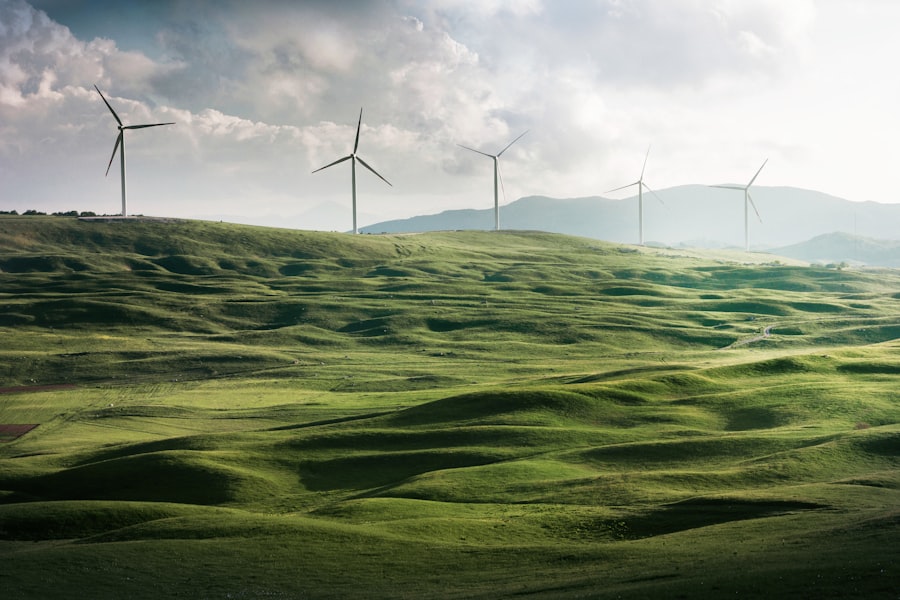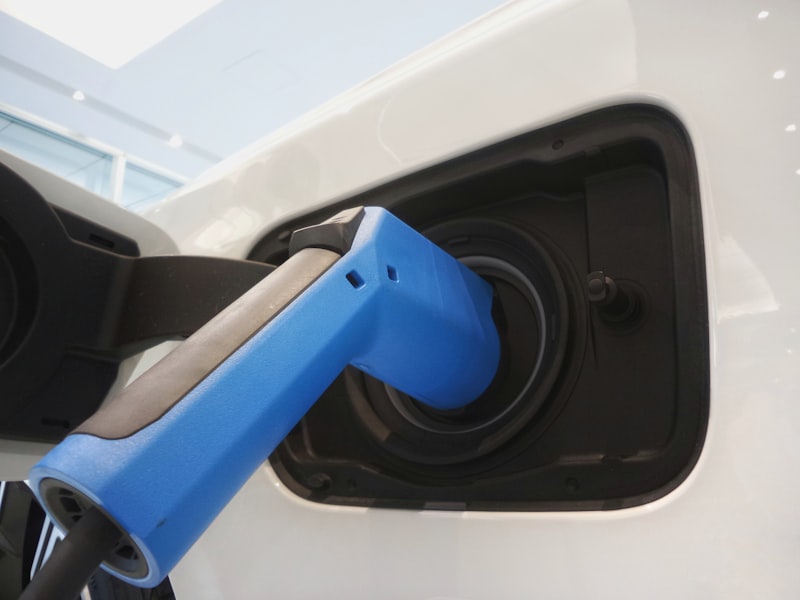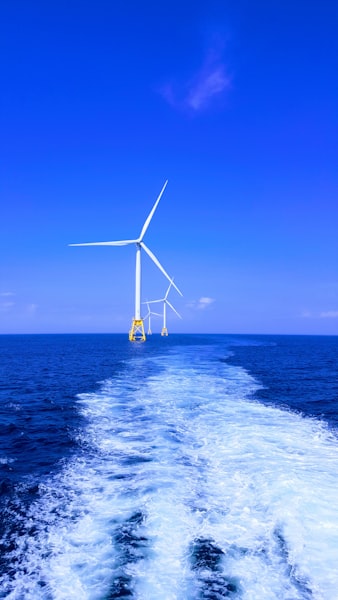
A Greener Future for Aviation: Exploring the Possibilities of Hydrogen-Powered Aircrafts
In this article, it is discussed how the aviation industry is looking to reduce emissions by exploring the use of hydrogen-powered aircrafts. A German start-up, H2Fly, has already developed a four-seat test plane that runs on hydrogen and plans to launch a 40-seat Dornier with 2000 km range in two years. Airbus also plans to have a market-ready passenger plane powered by hydrogen by 2035. Various start-ups and established companies are competing to develop this technology, with the hope of creating an emission free aviation industry in the future. In summary, many companies are working hard to develop hydrogen powered aircrafts as a way to reduce emissions from air travel and create an eco-friendly aviation industry.
Hydrogen: The Most Abundant Element
Hydrogen is the most abundant element in the universe and makes up about 75% of all matter. It is also the lightest element, with an atomic weight of 1.008. Hydrogen can be found in many forms, including in water, organic compounds, and even stars. Due to its abundance and low cost, hydrogen is used in a variety of applications such as fuel cells, rocket propellants, and industrial production processes. In addition to its practical applications, hydrogen has also been studied extensively for its potential use as a clean energy source.You might also like this article: AgTech startup investor from London: Parkwalk Advisors. Picture source: Federico Beccari



